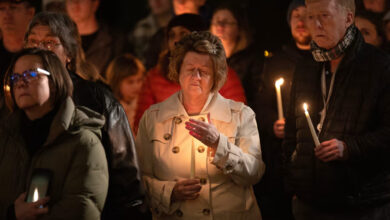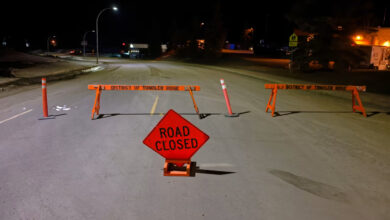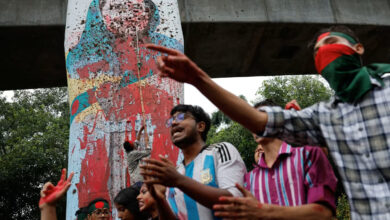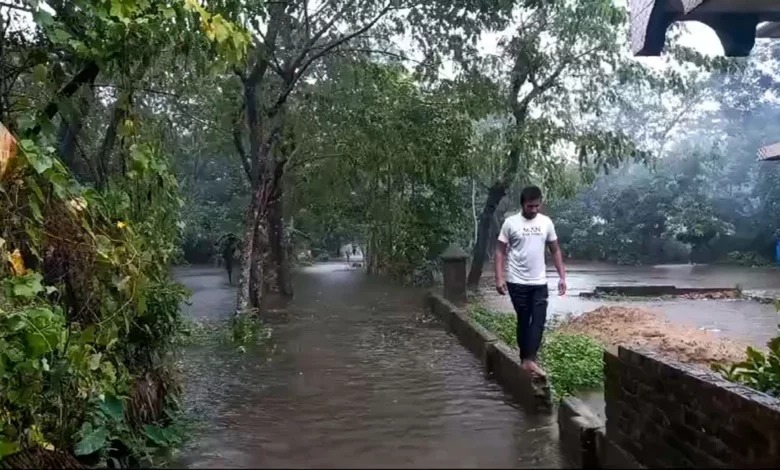
Rescuers are scrambling to evacuate flooded communities after heavy rains inundated parts of Bangladesh and northeast India, causing rivers on both sides of the border to reach extreme levels.
More than 300,000 people in southeastern Bangladesh have been impacted by the flooding, which has plunged hundreds of homes underwater, leaving residents stranded on rooftops, a local official told CNN on Thursday.
In India, at least eight people were killed by landslides and drowning, while tens of thousands have sought shelter in relief camps, according to disaster management authorities.
Heavy flooding and mudslides have killed hundreds, displaced millions and wrecked infrastructure across South Asia in recent months. While floods are common in the region during monsoon season, scientists say the human-caused climate crisis has exacerbated extreme weather events and made them more deadly.
Parts of India’s northeast border state of Tripura and districts in eastern Bangladesh have recorded heavy rainfall of up to nearly 200 millimeters (about 8 inches) in recent days, which has caused perilous floodwaters to rise.
As of Thursday, Bangladesh’s Flood Forecasting and Warning Centre said 11 rivers in the region recorded water levels above the “danger level.”
In the hard-hit Feni district of Chattogram, a city in southeast Bangladesh, efforts are underway to rescue people from waterlogged homes and to shelter the displaced.
Army and navy personnel are evacuating people by boat with the help of volunteers, said Musammat Shahina Akter, a senior official in Feni.
Government buildings and high schools have been converted into shelters, and more than 25,000 people are sheltering in relief camps, Akter said.
“We don’t expect people to be able to return home anytime soon,” he said, adding the rain is easing but water levels can only recede after the rainfall stops.
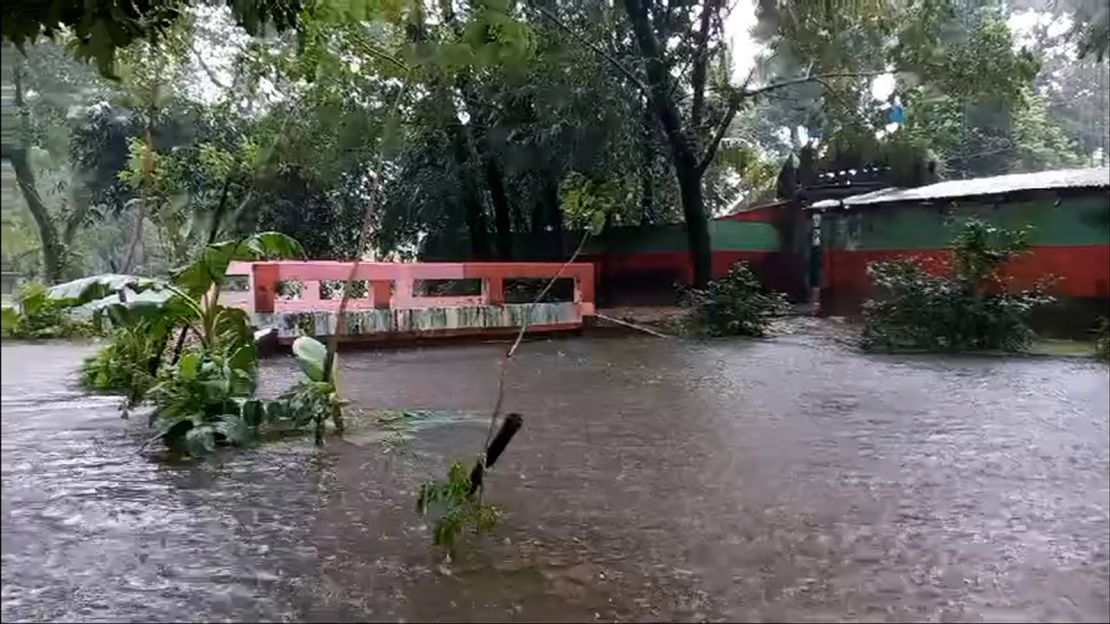
Kazi Piash, a 24-year-old Feni resident, said he took shelter on his rooftop after the floods came up to his neck.
“We’ve constructed a makeshift tent on the roof with tarpaulin but there’s about 40 of us on the roofs of two one-story homes,” Piash said, adding the group included his pregnant sister-in-law.
“We have been on the roof for hours, my body is shivering, our phones also won’t have a battery for long, so we need to get help quick,” he said.
Videos showed residents paddling in canoes and swimming with their belongings through muddied streams, as floodwaters lapped at the roofs of homes.
Meanwhile, India denied claims circulating on social media that the flooding was due to the forced opening of a dam on the Gomati River, which flows through Tripura and enters Bangladesh through the district of Comilla.
According to Tripura’s Power Minister Ratan Lal Nath, the dam was designed so that excess water escapes automatically after the water level reaches a certain point.
“No gate has been opened for the Gomati Hydro Electric Project,” Nath posted on X on Wednesday, adding the storage capacity of the reservoir is up to 94 meters (308 feet).
More wet weather is expected across Tripura and eastern Bangladesh, with forecasts of 50 mm to 150 mm (2 to 6 inches) of rain over the next three days.

